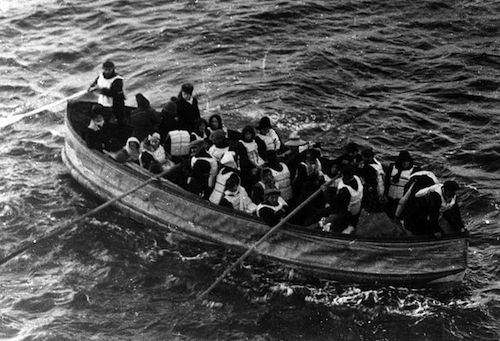 Culture & Ethics
Culture & Ethics
 Faith & Science
Faith & Science
The Cowardly God Complex of Transhumanism

Ah, those paradoxical transhumanists: They disdain human exceptionalism — and then assure us that our ingenuity will enable humans to live forever with the powers of a superhero.
And talk about hubris and delusions of grandeur. Maybe that’s why Psychology Today published Zoltan Istvan’s "Three Laws of Transhumanism."
Why, Wesley, what are the TLofT? I am glad you asked:
1) A transhumanist must safeguard one’s own existence above all else.
Really? Over one’s own children? If it means pushing people out of the lifeboat on the Titanic to save oneself? That’s a prescription for cowardice.
2) A transhumanist must strive to achieve omnipotence as expediently as possible — so long as one’s actions do not conflict with the First Law.
God complex alert! Sorry. No human being — or post human, should one ever come into being — will ever be omnipotent. Or omniscient, for that matter. And even uploading one’s mind into a computer won’t make you omnipresent, although I admit Google comes close.
3) A transhumanist must safeguard value in the universe — so long as one’s actions do not conflict with the First and Second Laws.
So, if necessary we can destroy planets, wipe out civilizations, and make species extinct, if that is required to save post-humans or give them the illusion that they can achieve omnipotence?
Like I always say, I am not worried about transhumanism succeeding in the creation of post-humanity. But its values: Those are very worrying. Istvan’s piece is just one small example why.
